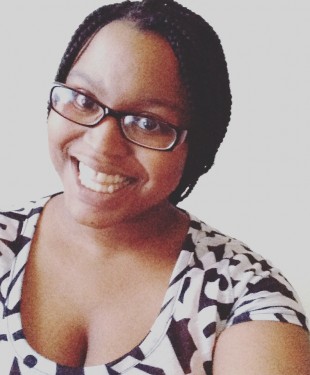Marty Wu lives in NYC and works in advertising at Retirees’ Review. This is not, however, her dream job.
Halloween is our one night a year to dress up and feel okay doing it. What if my shop, my little storefront, became the place where people came to see what it was like to slip into another skin. What if we made costuming something that people did, a leisure activity, just like we go out to dinner? What if masquerade balls weren’t something only the one-percenters did? Wouldn’t that be fun, to let people try on someone else’s life? Wouldn’t it be awesome, to let people imagine themselves as someone else, more than once a year?
The problem is that Marty doesn’t have the finances to realise her dream. In order to get them, she needs to land the big advertising deal with Irving Liquors and use the commission to open a costume shop. It’s clear from the beginning of the book though, when Marty is late to her meeting after a lengthy phone call from her mother and then spilling coffee over herself and her boss/ex-boyfriend, Stafford, that this is not going to go smoothly. It doesn’t go smoothly at a Las Vegas subscribers’ expo in a very big way.
To avoid the subsequent fall-out, Marty goes to Taiwan with her mother to stay with family for a while, including her brother who remained there to be brought up by his aunt when Marty and their parents moved to New York.

Marty’s mother is overbearing and over critical of her daughter:
Everything you do is a waste of time, everything, everything! I so ashamed of you. Did you know, whenever my friends ask what you do for living, I must say I don’t know? You buy friends, you know, that’s what people who work in advertising do. On television, they never talk about people in advertising. They talk about editors and writers. Why can’t you be one of those? At least then I hold my head up high.
Whilst Marty spends time in Taiwan whether pursuing her dream is a viable option, she also begins to see the extent of her mother’s control on her life. This revelation partly comes courtesy of her best friend and her family who guide her to see when her mother’s behaviour is unreasonable. Through them Marty is able to wear her mother as a costume, beginning to understand her mother’s psyche and how that affects them both, and also a new costume for herself, one which might help her achieve her ambitions.
Not a Self-Help Book: The Misadventures of Marty Wu makes an interesting comparison to Not Working by Lisa Owens. Both protagonists are about the same age and are faced with similar issues but while Not Working is fragmented in structure and doesn’t really come to a clear resolution, Not a Self-Help Book is more linear and there are a number of resolutions for Marty and her family.
I found Marty’s voice incredibly irritating at the beginning of the novel: I suspect I’m too old for the verbal tics of the Millennials which Lai accurately conveys here. However, by the end of the book I’d warmed to Marty and her clumsy progress through life.
The mother/daughter relationship was the most interesting strand of the book, exploring the tensions between the two characters, revealing where the issues between them stemmed from and reaching a somewhat unexpected, but rather interesting, conclusion. Perhaps life is better if sometimes you can try on someone else’s skin and occasionally see it all from a different perspective.
Thanks to Shade Mountain Press for the review copy.










